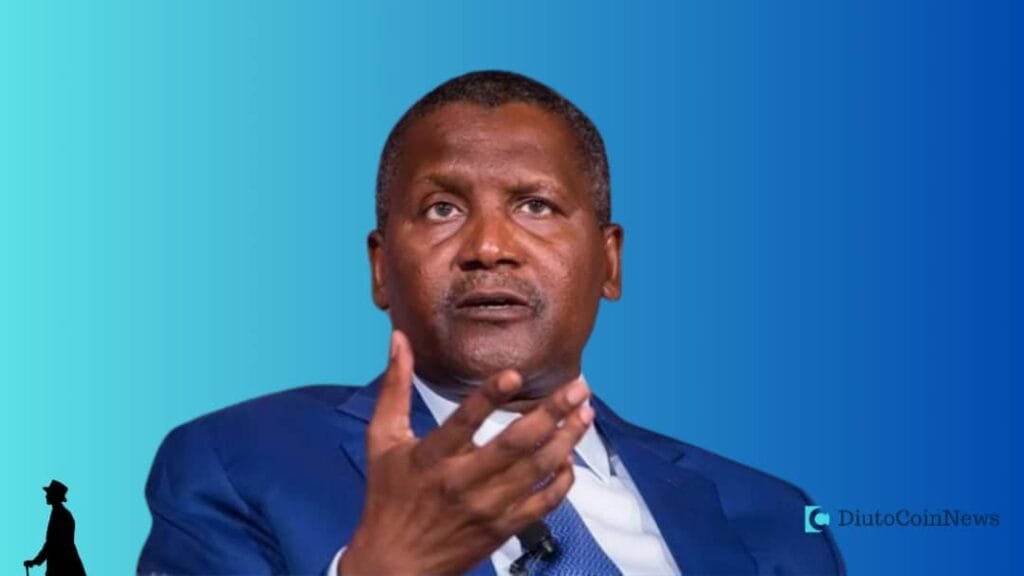Now that his long-awaited oil refinery in Nigeria is finally running, Aliko Dangote, Africa’s richest man, is wealthier than ever.
Located near Lagos, the Dangote Refinery which is the largest single-train oil refinery in the world can process various types of crude oil from around the globe, making it potentially able to largely impact Nigeria’s economy by making the country self-reliant for fuel.
According to the Bloomberg Billionaires Index, following this establishment, Dangote’s net worth has more than doubled, reaching $27.8B.
However, Dangote admits the process wasn’t easy. “I wouldn’t wish the experience on my worst enemy,” the 67-year-old said during his recent visit to New York. “I didn’t know what we were building was a monster. The pressure was coming from different directions, people confusing us, disturbing us every day with different media stories that it will never work, it will never work, it will never work.”
There have been disagreements with the government and Nigeria’s state oil company since the refinery started operating in January. Rising concerns about the refinery’s impact on local communities and the environment took a toll on Dangote, who expressed his frustration about the constant challenges.
Read Also : Nigeria government begins Naira-for-crude sales with dangote refinery
Taking 11 years and costing $20 billion—far more than the original estimates of which most of the money came out of his own pocket, for Dangote, who made his first billions in the cement business, building the refinery was the biggest project of his 46-year career.
With his business empire built on essential commodities: cement, sugar, salt, and flour, Dangote is an industrialist unlike any other in Africa. He possesses unusual wealth in Nigeria, a country where 40% of the population lives in poverty, and many fortunes are linked to oil.
Although critics have accused Dangote of using political connections to build monopolies, he opined he wants to do to Nigeria oil sector the same thing he did to our cement sector and he’s proud of what he’s done for Nigeria’s economy. Before his company began producing cement, Nigeria had to import most of it. Now, it’s a net exporter. He wants to do the same for Nigeria’s oil industry with his refinery.
Dangote faced many obstacles from abandoning his original refinery site after four years due to land disputes to moving to Lagos and facing more resistance from locals, some of whom are still waiting for full compensation after being relocated to having the new site to be mostly swamp, which had to be dredged, reclaimed, and raised by nearly five feet to prevent flooding.
His company built a dam, its own port, and a large granite quarry, purchasing 332 cranes to get the job done. Just as construction was gathering momentum, COVID-19 struck, causing delays and forcing workers to stay on-site. Simultaneously, Dangote was paying up to $60M a year in interest on a $5.5B loan from local banks.
Nigeria’s Economic Challenge.
When the refinery opened earlier this year, it faced another challenge of importing crude from abroad because most of Nigeria’s oil is tied up in long-term contracts. This added to the costs of running the refinery.
Dangote currently faces the tough task of making the refinery profitable in a country with a weak currency, a history of fuel subsidies, and high refining costs. Negotiations with the government and the Nigerian National Petroleum Corporation (NNPC) over key issues like supply of crude, foreign exchange rates, and gas prices have often been futile.
Overall, despite the fact that Dangote’s dream has become a reality, it hasn’t been without its challenges and struggles.
Discover more from DiutoCoinNews
Subscribe to get the latest posts sent to your email.













